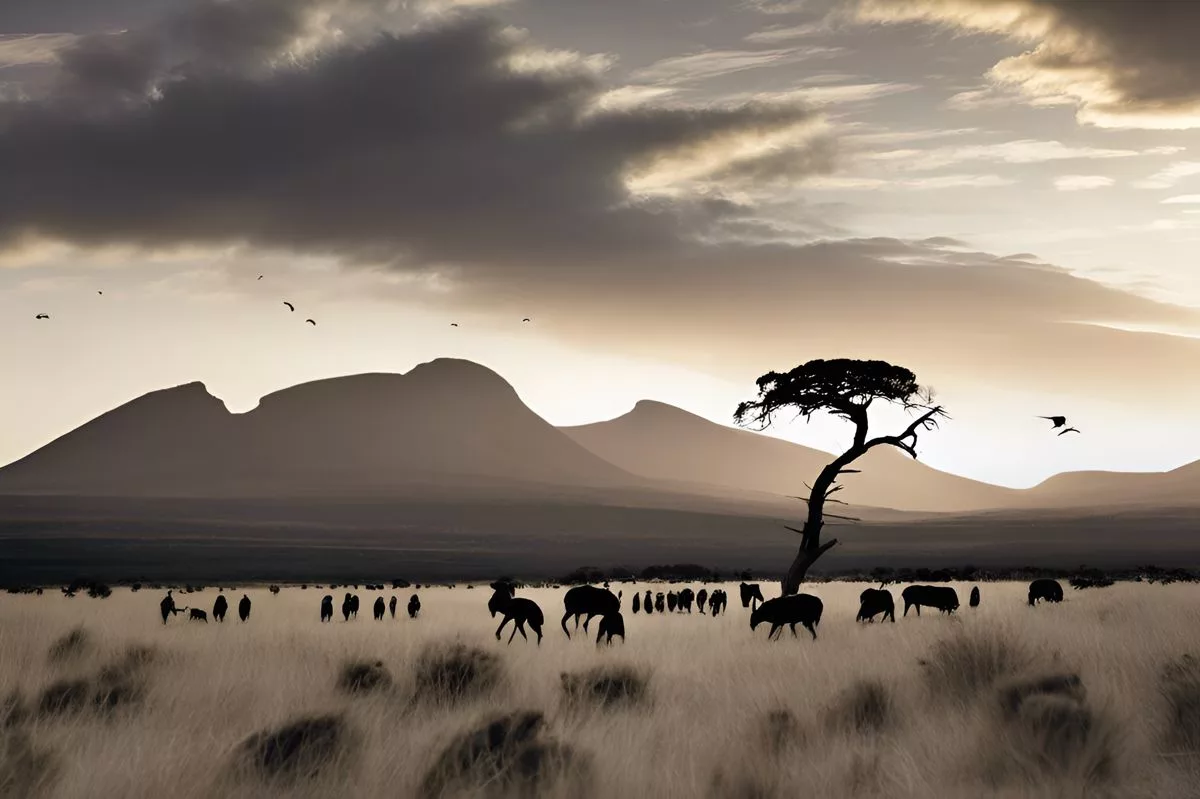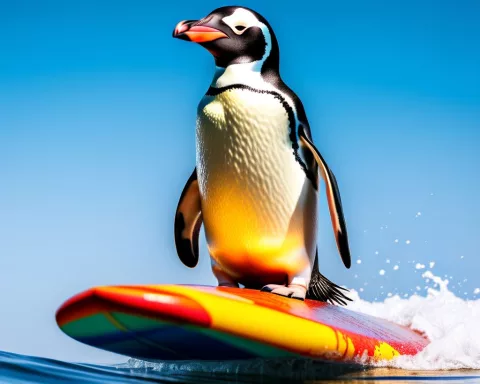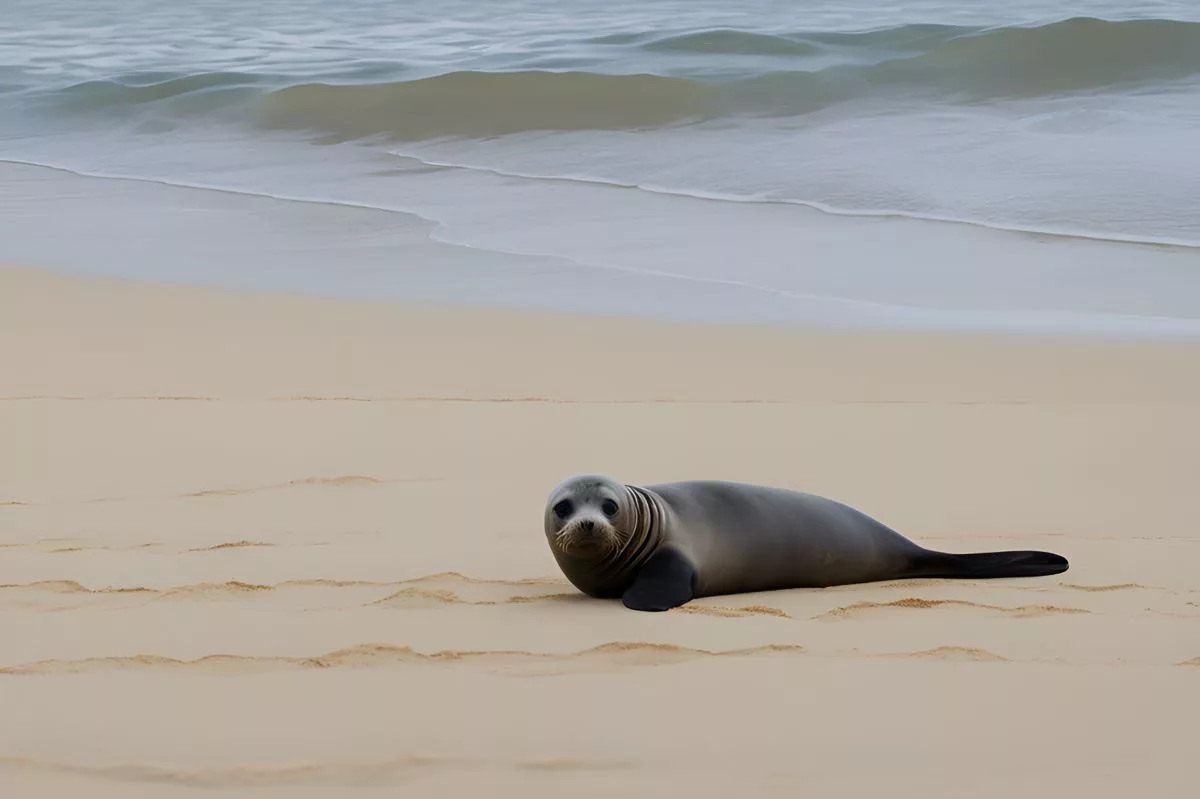A man in the Western Cape was sentenced to six years in prison and fined R100,000 for illegally trafficking 56 protected animals, including dangerous snakes. This case shows the serious problem of wildlife crime and how it stretches across the globe. Authorities discovered these animals at his home, highlighting his illegal activities and connections to international traffickers. Efforts are now being made to return endangered species to their home in China, emphasizing the need for teamwork in protecting our planet’s wildlife. This victory is a strong reminder that everyone must work together to stop wildlife crime and save our precious nature.
What recent wildlife trafficking case highlights the challenges in the Western Cape?
A recent landmark case in the Western Cape involved a man sentenced to six years in prison and fined R100,000 for trafficking 56 protected species, including venomous snakes. This case illustrates the ongoing battle against wildlife crime and the global nature of trafficking networks.
A Landmark Case in the Fight Against Wildlife Trafficking
Over recent years, the Western Cape has become a key player in the battle against the pervasive threat of wildlife crime. This ongoing fight, though fraught with hurdles, has seen significant strides forward. A recent case highlights not only the intricate challenges involved but also the global reach of wildlife trafficking networks. A crucial legal success has been reported by Cape {town} Etc, marking a significant advancement in these efforts. A man from Durbanville has received a substantial prison sentence and fine, which stands as a noteworthy achievement in the region’s campaign against the illegal wildlife trade.
On September 27, a pivotal decision was made by the Bellville Regional Court. The 42-year-old culprit received a six-year prison term along with a fine of R100,000. His conviction stemmed from 16 charges related to the illegal trafficking and possession of 56 protected species. The wide range of wildlife involved—including birds, snakes, and spiders—underscores the varied nature of these crimes. Even though the court chose to suspend the prison sentence for five years, this leniency comes with strict stipulations: the offender must adhere strictly to both national and provincial environmental laws throughout this period.
The breadth of charges against him painted a comprehensive picture of his activities. They ranged from the acquisition, disposal, trade, import, and export to the transport, possession, captivity, and capture of wildlife. Additionally, he faced charges of obstructing justice, stressing the extent to which some individuals will go to escape law enforcement in wildlife-related offenses. His arrest last year marked the end of a detailed investigation by the Kuils River Stock Theft and Endangered Species Unit of the South African Police Service. This investigative effort was carried out in partnership with CapeNature.
Uncovering the Network: A Closer Look at the Crime
The execution of search and seizure warrants at the suspect’s residence yielded significant findings. Authorities found 56 wild animals, most of which are banned from private captivity under Western Cape regulations. This discovery highlighted the offender’s blatant disregard for local laws and revealed his involvement in a more extensive trafficking network, linking him to two other recognized international wildlife traffickers.
Among the confiscated animals, the presence of over 40 venomous snakes was especially alarming. These included three adult Mangshan Pit Vipers, a Critically Endangered species found in a limited mountainous region in southern China. The International Union for the Conservation of Nature (IUCN) classifies this species as critically endangered, with fewer than 500 adults left in the wild. Their capture and trafficking present a severe threat to their continued survival, given that China has never authorized their export. The discovery of these snakes in the Durbanville man’s possession highlights the global dimension of wildlife crime, where species are trafficked across borders, jeopardizing their survival and disrupting ecological balance.
Dr. Ashley Naidoo, CEO of CapeNature, expressed satisfaction with the conviction and sentence, emphasizing its role as a deterrent to others involved in wildlife crime in the Western Cape. This case exemplifies the strength of the collaboration between provincial, national, and international bodies in environmental law enforcement and justice. The successful prosecution is a testament to the coordinated efforts of various organizations, including CapeNature, the United States Fish and Wildlife Service’s Office of Law Enforcement, and the national Department of Forestry, Fisheries, and the Environment’s Environmental Enforcement Fusion Centre.
Building a Future of Cooperation and Conservation
The impact of this case extends well beyond the courtroom. CapeNature is actively collaborating with the Department of Forestry, Fisheries and the Environment, the Mangshan National Nature Reserve, and the Chinese government to return the three Mangshan Pit Vipers to China. The aim is to integrate them into a conservation breeding program, which is designed to help strengthen the species’ dwindling population in its natural habitat. This cooperative effort underscores the interconnected nature of conservation initiatives, which depend heavily on international collaboration to combat the effects of illegal wildlife trade.
The Western Cape’s dedication to fighting wildlife crime aligns with a broader global movement aimed at preserving biodiversity and protecting endangered species. For centuries, historical and artistic movements have celebrated the intrinsic value of nature, echoing the ethos of Romanticism, which advocated for a profound connection with the natural world. In the same vein, modern conservation efforts strive to maintain this delicate balance, ensuring that future generations inherit a world brimming with biodiversity.
This recent case, with its complex web of international ties and its focus on endangered species, underscores the urgent need for ongoing vigilance and action. Reflecting on the achievements of the Western Cape and its partners, it becomes evident that the fight against wildlife crime transcends local boundaries; it is a global responsibility. A united response from all stakeholders—from government agencies to local communities—is crucial to protecting our planet’s invaluable natural heritage.
“`markdown
What recent wildlife trafficking case highlights the challenges in the Western Cape?
A recent landmark case in the Western Cape involved a man sentenced to six years in prison and fined R100,000 for trafficking 56 protected species, including venomous snakes. This case illustrates the ongoing battle against wildlife crime and the global nature of trafficking networks.
What were the specific charges against the offender in this case?
The defendant faced 16 charges related to the illegal trafficking and possession of 56 protected species, including birds, snakes, and spiders. His charges encompassed activities such as acquisition, disposal, trade, import, export, transport, possession, captivity, and capture of wildlife, along with obstructing justice.
What actions did the authorities take to uncover the trafficking network?
Authorities executed search and seizure warrants at the suspect’s residence, which led to the discovery of 56 wild animals, including over 40 venomous snakes. This investigation was carried out by the Kuils River Stock Theft and Endangered Species Unit of the South African Police Service in partnership with CapeNature, revealing the offender’s connection to international wildlife traffickers.
What is the significance of the Mangshan Pit Vipers found in the suspect’s possession?
The presence of the critically endangered Mangshan Pit Vipers, of which there are fewer than 500 adults left in the wild, emphasizes the severe threat posed by wildlife trafficking to vulnerable species. Their capture and trafficking not only jeopardize their survival but also disrupt ecological balance, as China has never authorized their export.
How are authorities planning to aid the conservation of the Mangshan Pit Vipers?
CapeNature is collaborating with the Department of Forestry, Fisheries and the Environment, the Mangshan National Nature Reserve, and the Chinese government to return the three Mangshan Pit Vipers to their native habitat. The aim is to integrate them into a conservation breeding program, designed to help bolster the species’ dwindling population.
Why is this case considered a victory in the fight against wildlife crime?
This case is viewed as a significant legal victory in the Western Cape’s ongoing campaign against wildlife trafficking. It reflects the importance of collaboration among provincial, national, and international bodies in enforcing environmental laws. The successful prosecution serves as a deterrent to others involved in wildlife crime and underscores the need for a united response to protect endangered species.
“`












